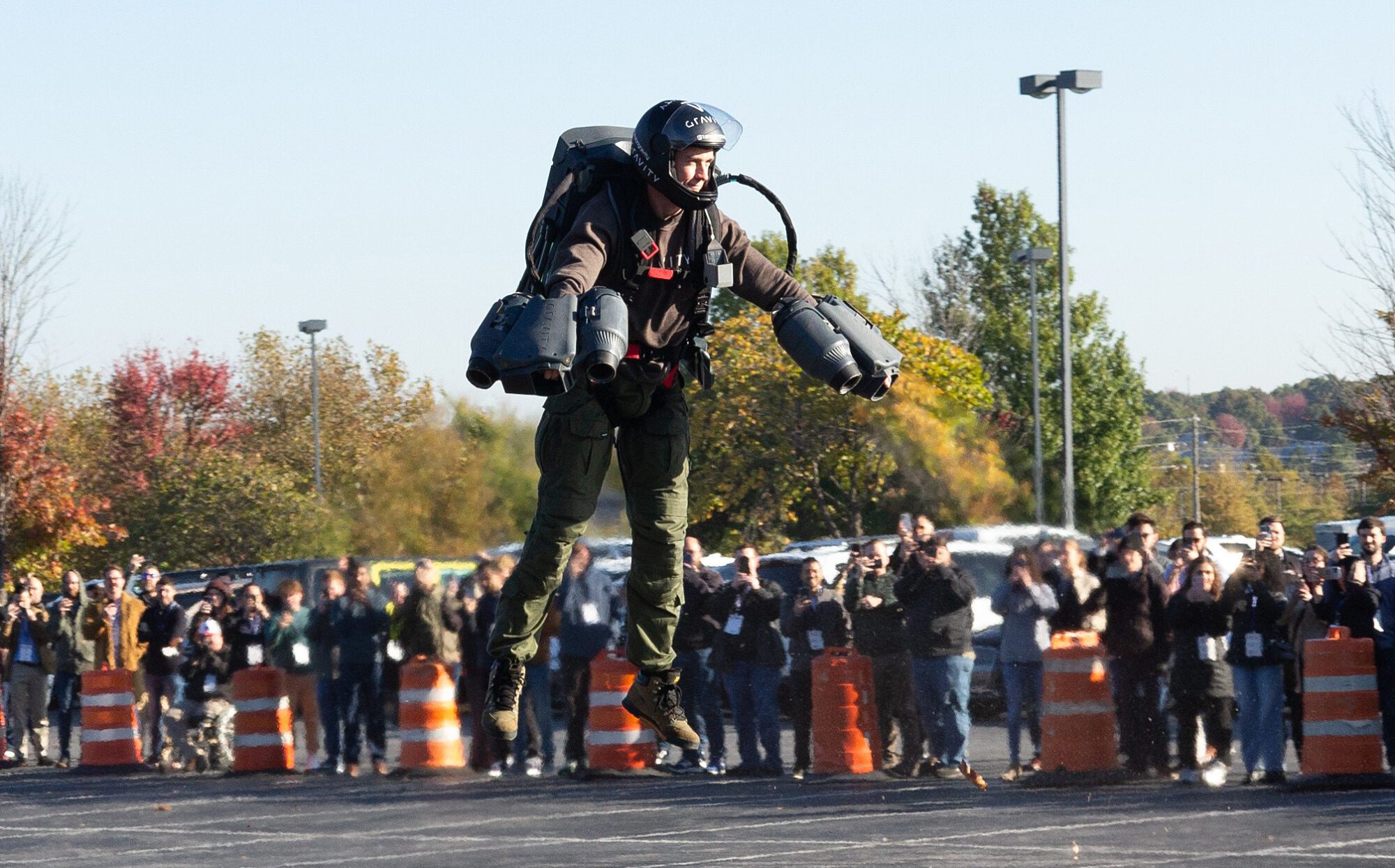High-tech jobs and innovations are proving useful in both expected and unexpected ways, impacting artificial intelligence, cybersecurity, medical education and even housing, experts said during the 10th annual Northwest Arkansas Technology Summit this week.
And yes, there was also a jetpack.
More than 2,000 attendees from across the U.S. and Canada registered for the summit, which featured dozens of sessions with speakers from the likes of Meta and IBM as well as homegrown organizations. The Greater Bentonville Area Chamber of Commerce organizes the event to highlight and grow the local tech sector.
“There has been no time like today,” said Craig Harper, executive vice president and chief sustainability officer at J.B. Hunt Transport Services, who spoke on the tremendous strides and persistent shortfalls in electric vehicles and other technologies. J.B. Hunt began adding zero-emission trucks to its fleet this year.
Harper called on attendees to keep collaborating and to harness innovation in ways that genuinely meet society’s needs.
“The globe needs it, the climate needs it, we need it,” he said.
Many of the presentations leaned into sci-fi, such as U.K.-based Gravity Industries’ demonstration of its jet suit, when a pilot strapped multiple miniature jet engines to his hands and back and flew around the Rogers Convention Center parking lot like Iron Man on Tuesday. The suit has military and search-and-rescue applications as well as potential in racing and other entertainment, said Maria Vildavskayam, the company’s chief operating officer.
Other sessions were closer to Earth. New technology will allow the Alice L. Walton School of Medicine, now in development, to reach more students and teach them more effectively about anatomy, communicating with patients and other subjects, two of the school’s leaders said Tuesday morning.
The COVID-19 pandemic taught important lessons in those arenas, said Jason Degn, the school’s director of information technology, who spoke alongside Kevin Kunkler, assistant dean of simulation, innovation and clinical skills. Traditional approaches to medical education could include costly in-person applications and lifeless classrooms, for example, while new technologies enable a more inclusive, whole-health approach that takes advantage of the school’s natural and artistic settings.
“Now we can say, let’s take the best of these things. We’ve learned a tremendous amount,” Degn said. “We open the doors for students.”
The Northwest Arkansas Council’s health care transformation division works closely with the medical school and other care providers with a goal to help meet more of Northwest Arkansans’ health needs close to home. Another of its focus areas, workforce housing, was the subject of the summit’s lunch session on Wednesday.
Homebuilding is largely the same as it was a century ago yet is the most expensive it’s ever been, said Duke McLarty, executive director of Groundwork, the Council’s housing initiative. But 3-D printing, modular housing and other technologies could finally change the game and give the region a way to house its booming population affordably.
“We need your new ideas and perspectives,” McLarty told the summit’s attendees. “Please get involved in this space. Please disrupt real estate. Please disrupt housing.”
























